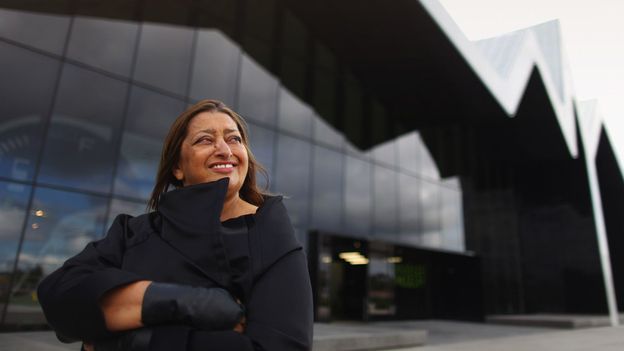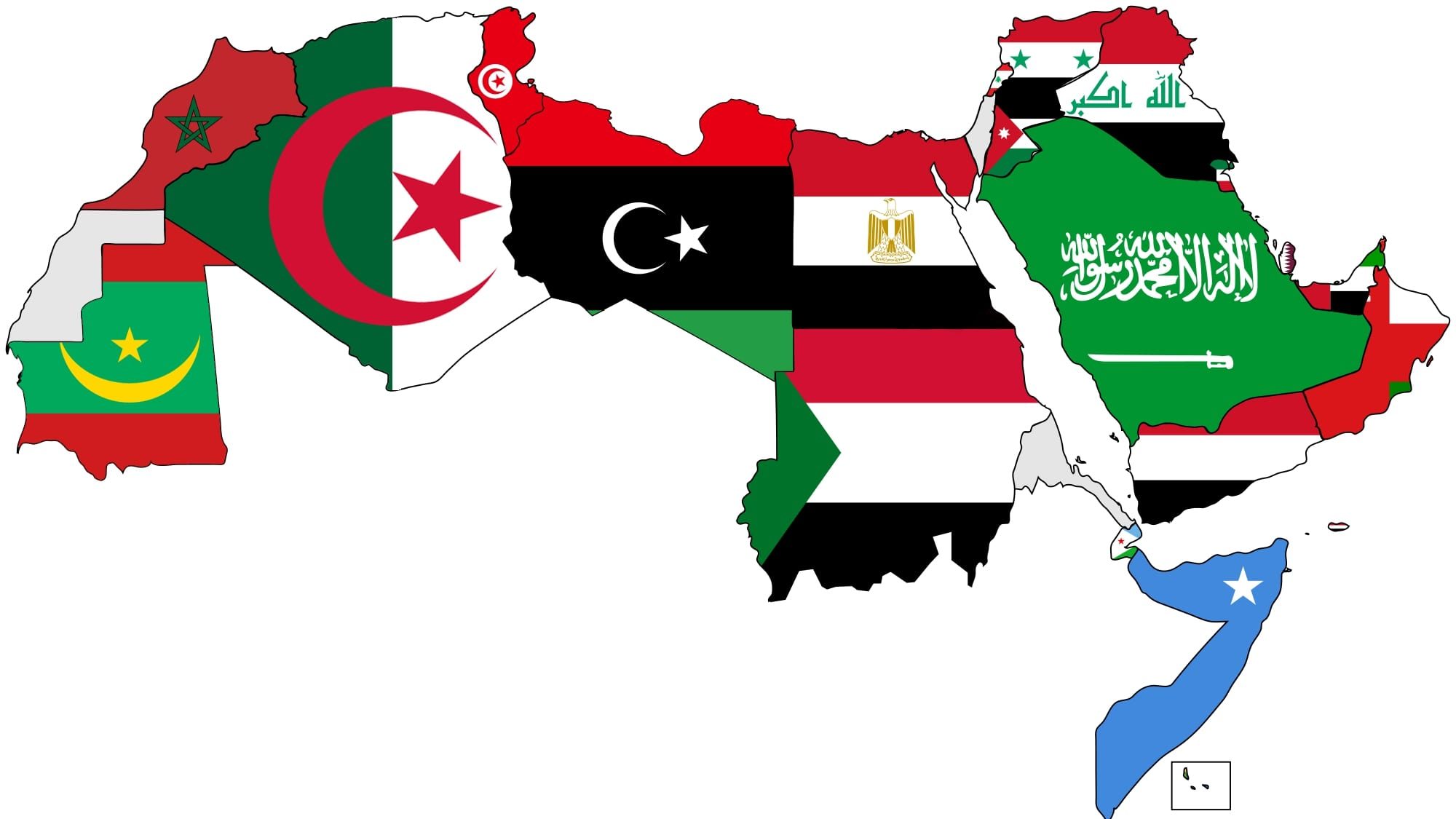Since the U.S. invasion of Baghdad in 2003, the Middle East has been fraught with instability, political turmoil, and immense human suffering. Between 2003 and 2024, the war resulted in the deaths of over 207,000 innocent Iraqi civilians, a devastating consequence for a conflict they never chose. The resulting instability forced many Iraqi families to flee, with many seeking refuge in neighboring countries like Syria and Jordan. Some applied for asylum through the United Nations, hoping to start new lives in Western countries such as the U.S., Canada and Australia.
After years of displacement, moving between northern Iraq, Jordan, and various other places, I made the difficult decision to leave my homeland. As with many other female students trying to navigate life alone on a new continent, my journey has been one of profound struggle and adjustment.
Adjusting to life in the West: isolation and cultural differences
The challenges of moving to a Western country as a woman from the Arab world are immense. I was fortunate to have friends who supported me, but it was still a significant cultural shift. In the Middle East, particularly in Iraq, warmth and hospitality are deeply ingrained in the culture. People are expressive and welcoming, and often treat strangers like family. In contrast, Western societies tend to be more reserved, and people are less expressive in their social interactions. It took time for me to adjust, and there were moments when I felt adrift, grappling with the cultural differences.
Even the food was different. The flavors I was used to in Iraq, full of spice and tradition, seemed to have been muted in the West. Fortunately, I found Arabic restaurants that provided a sense of comfort, reminding me of home. Over time, I began to make new friends and blend into the community. Hispanics in particular shared similar warmth, making it easier to connect. Still, it wasn’t quite the same. They weren’t my people. At the same time, I do not want to underestimate my Western friends who helped me immensely to blend in, involving me in a variety of activities to make me feel welcome.
Cultural duality and identity crisis
One of the most pressing issues for many Arab women living in the West is the challenge of cultural duality. For me, and for countless others, maintaining the values and traditions of our heritage while adapting to Western norms creates a feeling of being caught between two worlds. Many Arab women live with their families, which can mitigate some of the isolation I experienced. However, living alone I confronted these cultural gaps daily, and it led me to question who I was and where I fit.
In the West, there is often a lack of understanding about the Middle East. Many Westerners form opinions about Arab culture based on media portrayals or without ever engaging directly with Arabs. These misconceptions about Arab women, in particular, only further alienate us.
Stereotypes and misconceptions
Western media has long portrayed Arab women as oppressed, passive, or bound by conservative traditions. These stereotypes are reductive and fail to capture the diversity and empowerment that many Arab women experience. In both the West and the East, Arab women are breaking barriers in business, education, technology, and the arts.
Take, for example, the late Zaha Hadid, a renowned Iraqi-British architect who revolutionized modern architecture. Her success proved that Arab women are not confined by stereotypes. Instead, they are pushing boundaries, becoming trailblazers in industries historically dominated by men.
However, these stereotypes persist, often forcing Arab women to work twice as hard to prove their capabilities. Whether in academia, business, or politics, Arab women face the challenge of dismantling these misconceptions while trying to thrive in their respective fields. This balancing act of navigating the cultural expectations from both their communities and the Western world adds another layer of complexity to their lives.
Importance of community
One of the most vital sources of support for Arab women in the West is community. Arab diaspora communities offer refuge, providing a connection to cultural roots, shared experiences, and emotional support. These spaces are essential, particularly for women who feel a sense of displacement or cultural disconnect.
Organizations like the Arab American Women’s Business Council (AAWBC), based in the U.S., have emerged as platforms for Arab women to network, receive mentorship, and empower one another. These communities foster an environment where women can maintain their Arab identity while also excelling in their careers and personal lives in the West.
Journey of strength and resilience
Being a female Arab in the West is not just about survival but about thriving in a world where cultural and societal expectations can be at odds with each other. Arab women in the diaspora are not only preserving their rich heritage but are also redefining what it means to be an Arab woman in a Western context. They serve as role models, both for women in the Middle East and for other minority women in the West, showing that it’s possible to bridge the gap between cultures with strength, resilience and grace.
Edward Said’s analysis in Orientalism argued that Western portrayals of the Arab world are framed through a lens of exoticism and oppression, which oversimplifies and distorts the rich diversity and complexity of Eastern cultures. For many Arab women, these stereotypes create an additional layer of difficulty as women attempt to reconcile their cultural identities with Western expectations. This misrepresentation not only marginalizes their experiences but also forces them to combat preconceived notions while striving to assert their own narratives and realities. Middle Eastern females, on a daily basis, try to explain to others that they are not passive and not oppressed, even though some are (as they are in many societies). For instance, many Middle Eastern girls are encouraged to finish their higher education. The struggle to bridge cultural gaps and assert one's identity becomes a direct response to the reductive and often prejudiced views highlighted by Said, underscoring the need for a more nuanced understanding of Arab identities in a globalized world.
The journey of Arab women is one of navigating multiple identities, often blending the values of the East with the freedoms of the West. As they continue to break barriers, these women prove that the Arab woman’s story is not one of oppression, but one of empowerment, autonomy and self-determination.
As these women rise in the fields of tech, business, education, and beyond, they inspire others in both the East and West, embodying the power of cultural resilience. Through their determination, they are not only transforming their own lives but also paving the way for future generations of Arab women.





